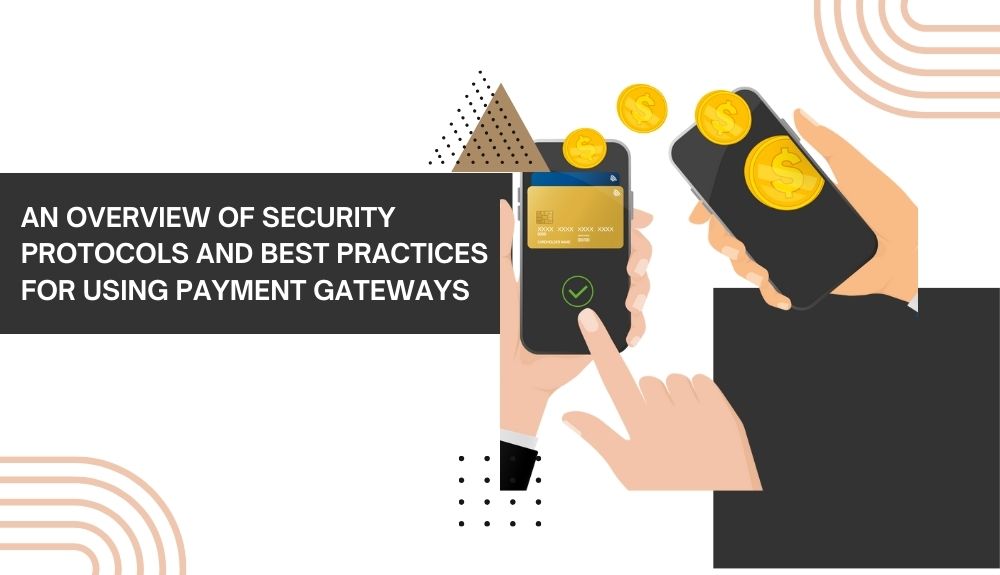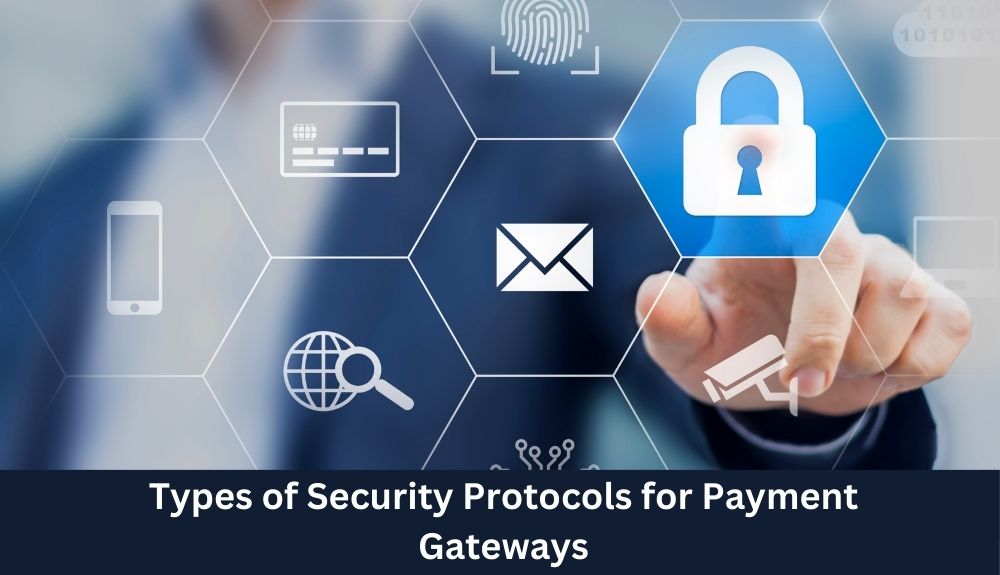
By max April 4, 2024
Welcome to the digital era where online transactions have become a way of life. As businesses shift towards e-commerce, the need for secure payment gateway systems has never been more crucial. In this blog post, we will dive into the world of security protocols surrounding payment gateways and explore best practices to ensure your financial transactions are safe and sound. So, grab a cup of coffee and let’s unravel the mysteries behind keeping your payments protected in the vast landscape of cyberspace!
The Importance of Security Protocols
Security protocols are the backbone of any payment gateway system, acting as a shield against potential cyber threats. They are like invisible guardians working tirelessly behind the scenes to ensure that sensitive financial information is kept safe and secure. Without robust security protocols in place, the risk of data breaches and fraud increases significantly.
By implementing strong security measures, payment gateways can encrypt data during transactions, making it nearly impossible for hackers to intercept and decipher sensitive information. This encryption process ensures that customer details remain confidential and protected from unauthorized access.
Furthermore, security protocols play a crucial role in maintaining trust between merchants and customers. When users feel confident that their payment information is being handled securely, they are more likely to complete transactions without hesitation. It’s not just about protecting data; it’s also about fostering a sense of reliability and credibility in the digital marketplace.
In today’s fast-paced world where online transactions have become the norm, prioritizing security protocols is non-negotiable for businesses seeking to thrive in e-commerce. Stay tuned for tips on how to enhance your payment gateway security!
Types of Security Protocols for Payment Gateways

When it comes to securing online transactions, payment gateways employ various security protocols to protect sensitive data. One common protocol is SSL (Secure Sockets Layer), which encrypts data as it travels between the customer’s browser and the gateway server. This encryption ensures that information like credit card details remain confidential.
Another crucial protocol is PCI DSS (Payment Card Industry Data Security Standard), which sets requirements for securely handling cardholder information. Compliance with PCI DSS helps prevent fraud and protects both merchants and customers from potential breaches.
Tokenization is a modern security feature where sensitive data is replaced with unique tokens during transactions. These tokens are useless to hackers if intercepted, adding an extra layer of protection.
Additionally, 3D Secure technology adds an extra authentication step by prompting customers to enter a password or code before completing a transaction, reducing the risk of unauthorized use.
By implementing these security protocols, payment gateways enhance trust and provide a secure environment for online payments.
Best Practices for Securely Using Payment Gateways
When it comes to securely using payment gateways, there are several best practices that can help protect your sensitive information. Always ensure that the payment gateway you choose is PCI DSS compliant. This certification guarantees a certain level of security for processing payments.
Implement multi-factor authentication for added layers of protection. By requiring users to verify their identity through multiple steps, you can significantly reduce the risk of unauthorized access.
Furthermore, regularly update your software and systems to patch any vulnerabilities that could be exploited by cybercriminals. These updates often include important security fixes that help keep your payment information safe.
Moreover, consider encrypting all data transmitted between your website and the payment gateway to prevent interception by hackers. Encryption scrambles the data into an unreadable format unless accessed with the correct decryption key.
By following these best practices diligently, you can enhance the security of your online transactions and safeguard against potential threats.
Common Threats and How to Protect Against Them
When it comes to using payment gateways, there are several common threats that users need to be aware of. One such threat is phishing attacks, where malicious actors attempt to steal sensitive information through deceptive emails or websites. To protect against this, always verify the legitimacy of the sender before clicking on any links.
Another prevalent threat is malware, which can infect devices and capture payment details without your knowledge. It’s crucial to regularly update your antivirus software and avoid downloading attachments or clicking on suspicious ads.
Man-in-the-middle attacks are also a concern, where hackers intercept communication between you and the payment gateway. To prevent this, ensure you’re using a secure network connection when making online payments.
Data breaches pose a significant risk as they can expose sensitive customer information. Choose payment gateways that prioritize security measures like encryption and tokenization to safeguard data from unauthorized access. Stay vigilant and proactive in protecting yourself against these threats for safe online transactions every time.
Tips for Choosing a Secure Payment Gateway Provider

When it comes to choosing a secure payment gateway provider, there are several factors to consider.
Look for a provider that offers strong encryption methods to protect sensitive data during transactions. This ensures that your customers’ information remains safe from potential threats.
Opt for a provider that is compliant with industry standards such as PCI DSS (Payment Card Industry Data Security Standard). Compliance with these regulations demonstrates the provider’s commitment to maintaining high-security levels.
Additionally, consider the reputation of the payment gateway provider. Look for reviews and feedback from other businesses who have used their services to gauge their reliability and security measures.
Moreover, assess the customer support options offered by the provider. In case any issues arise, having access to timely and efficient support can be crucial in resolving security concerns swiftly.
Compare pricing plans among different providers while keeping security features as a top priority. Strike a balance between affordability and robust security measures when making your decision on selecting a payment gateway provider.
Conclusion
In a world where online transactions are becoming more prevalent, ensuring the security of payment gateways is paramount. By understanding the importance of security protocols and implementing best practices, both businesses and consumers can protect themselves from potential threats.
Choosing a reputable payment gateway provider that prioritizes security measures is crucial in safeguarding sensitive information. Regularly updating software, utilizing encryption methods, and staying informed about common threats are all essential steps in maintaining a secure payment environment.
Remember, when it comes to online payments, vigilance is key. Stay informed, stay proactive, and always prioritize security. By following these guidelines and staying alert to emerging risks, you can confidently navigate the digital landscape of payment gateways with peace of mind knowing your transactions are secure.
